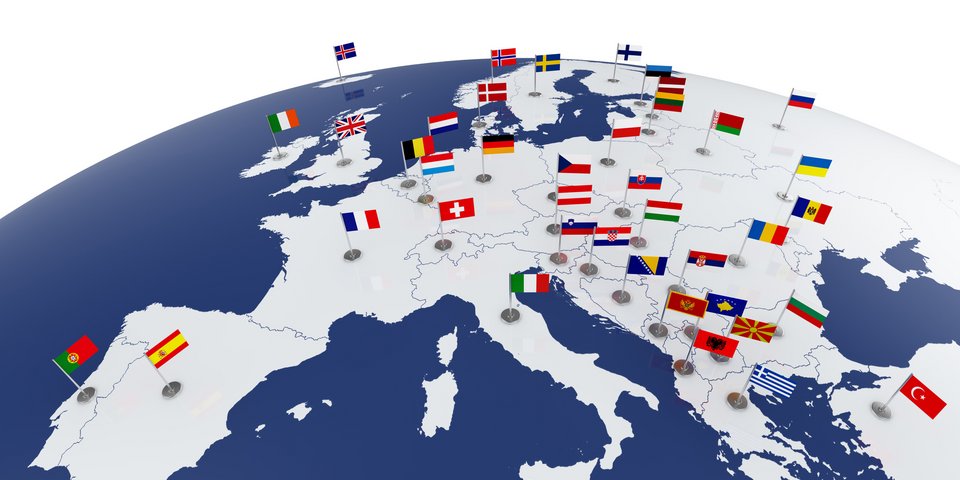 Denys Rudyi - Fotolia
Denys Rudyi - FotoliaIncentive systems in the pharmaceutical reform
No agreement on access to medicines
CC – 06/2024
The health
ministers of the European Union had to show their colours at their meeting in
Luxembourg on 21 June. In a public agenda item right at the start of the
Council meeting, they discussed the design of the incentive systems as part of
the pharmaceutical package proposed by the European Commission in April 2023.
The focus was on the redesign of the incentive system for medicinal products
proposed by the European Commission and the options for creating incentives
through data protection and market protection. Both rights protect the
exclusive marketing by the manufacturer and are intended to ensure the
amortisation of its investment in the new medicinal product. They thus provide
an incentive for the development of further medicinal products.
Around
twenty Council working groups have met on the reform so far. The progress report and the background paper make it clear how difficult it is
to find a common line among the member states. The aim of the discussion is to
define the framework within which a compromise on new regulations on regulatory
data protection and market protection is possible and to provide the Council
working groups with guidance.
As a reminder
In its
proposal for a regulation and directive on the pharmaceutical reform, the
European Commission has proposed the introduction of a differentiated incentive
system for pharmaceutical manufacturers. The regulatory protection periods are
linked to conditions: marketing in all 27 EU member states, the fulfilment of
unmet needs, the performance of comparative clinical trials and the
identification of further indications for a medicinal product. Overall, the
proposal provides for a two-year reduction in the protection period of a
medicinal product's dossier in order to enable the earlier market launch of
more affordable generics and biosimilars. However, it is not possible to speak
of a general shortening of the protection periods, because if a medicinal
product fulfils all the conditions, exclusivity protection can last for a
maximum of twelve years. Today it is eleven years. Standard market exclusivity
for orphan medicinal products will also be reduced by one year from ten to nine
years. In total, however, protection periods of a maximum of 13 years instead
of the current ten years can be granted if additional conditions are also met
here.
In its
position, the European Parliament has called for the introduction of a minimum
period of seven and a half years for regulatory data protection and two years
of market protection following authorisation. They also want to adjust the
staggering of incentives (see also DSV News).
The discussion
Although
the discussion in the Council provided some orientation, a common line was not
recognisable. Instead, two camps emerged. On the one hand, mainly Eastern
European Member States such as the Czech Republic, Latvia, Malta and Poland,
which have difficulties in obtaining even low-cost medicines such as generics,
and on the other hand, industry-friendly Member States that are more
"attractive" to pharmaceutical manufacturers such as France, Germany
and Denmark. While some were in favour of shortening data protection to six
years, others called for no reduction and for the "status quo" of
eight years to be maintained. In principle, however, most ministers were in
favour of modulating the incentive system, as proposed by the Commission,
provided that the legal framework is clear and predictable and takes account of
the need for innovation.
Another
discussion concerned access to medicinal products. The Commission proposed that
pharmaceutical manufacturers receive an additional two years of market
exclusivity if they market the medicinal product in all 27 EU Member States. In
the orientation debate, this supply obligation continued to be supported by
some Member States. Others, including Germany, favour an option decoupled from
the incentives of additional market exclusivity, whereby manufacturers are
obliged to negotiate with the Member States that have previously submitted an
application for pricing and reimbursement.
The
Hungarian Council Presidency will now continue the negotiations. There is still
a long way to go to reach a common line in the Council.
